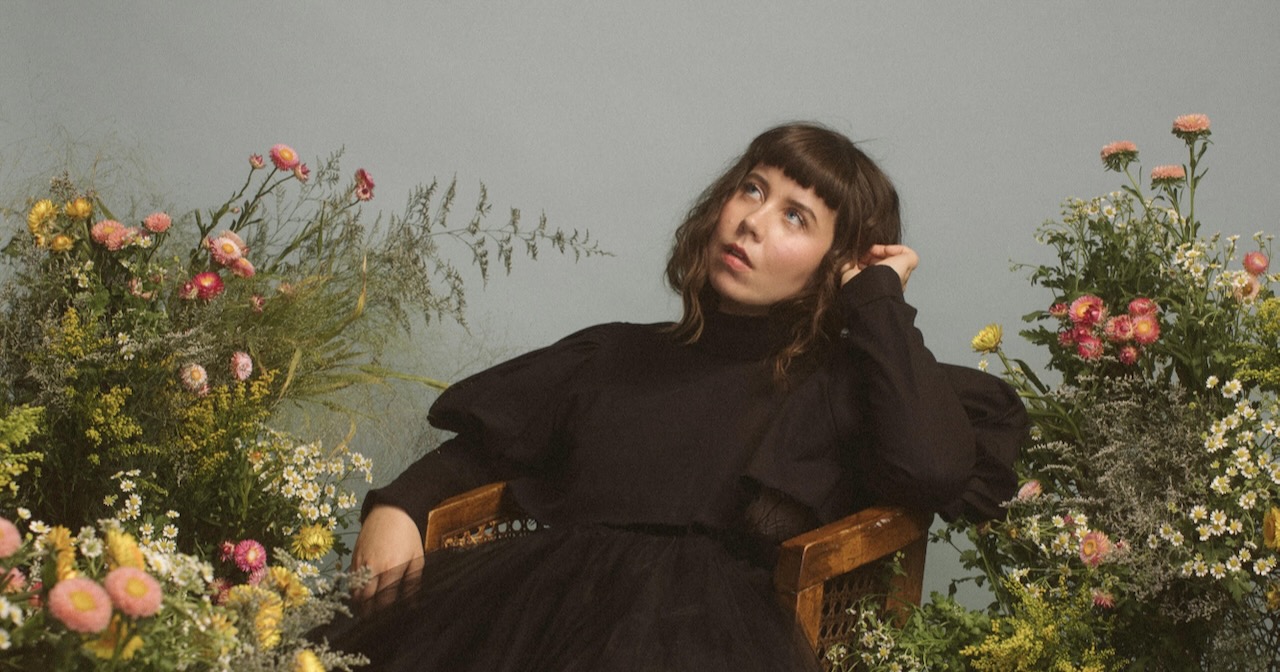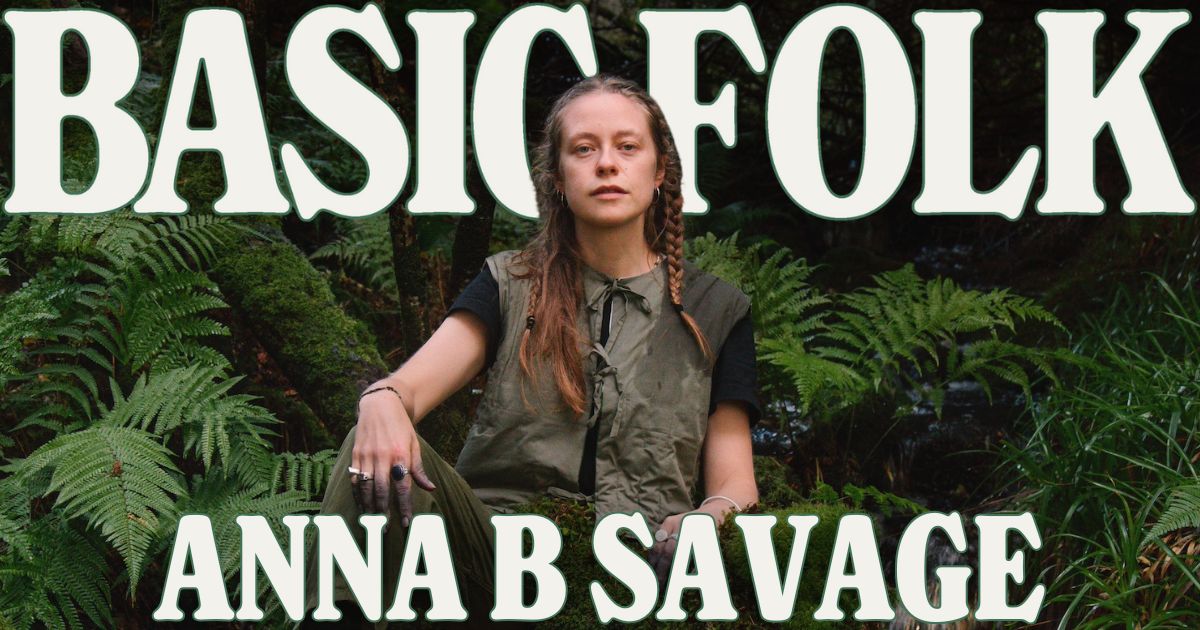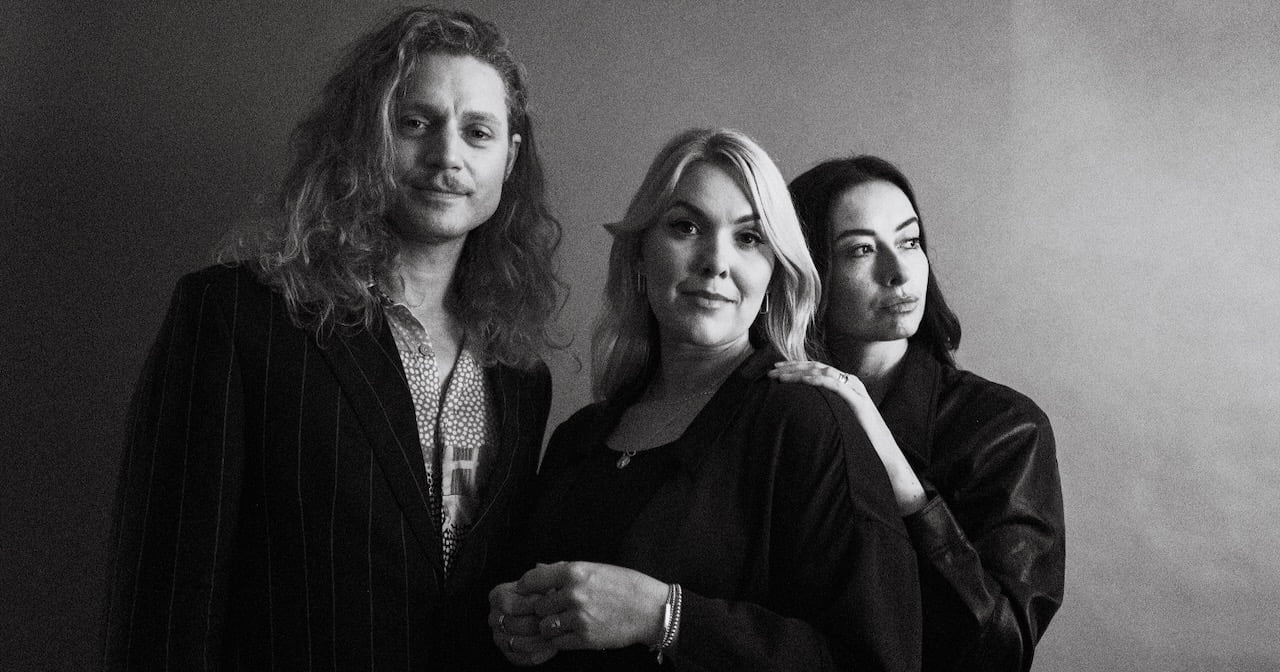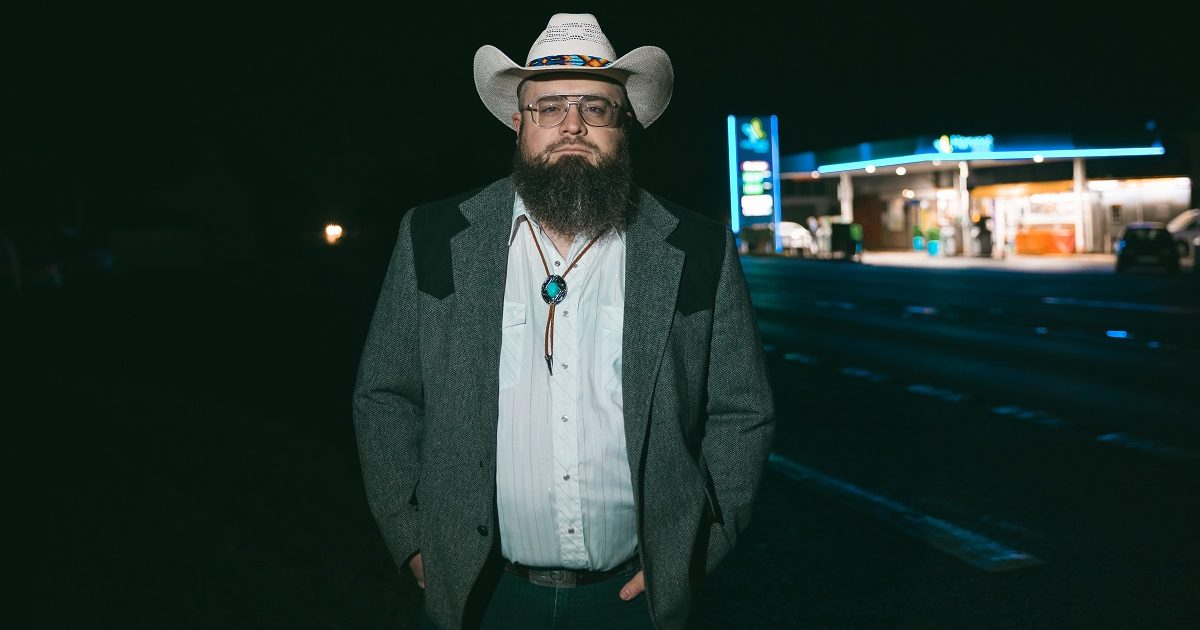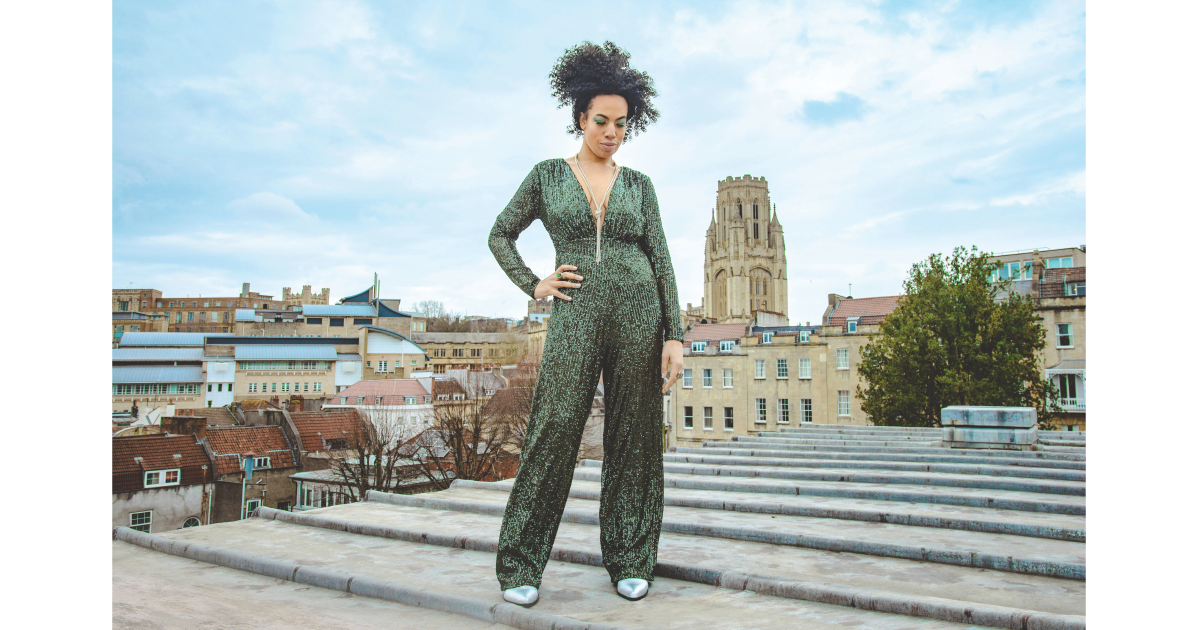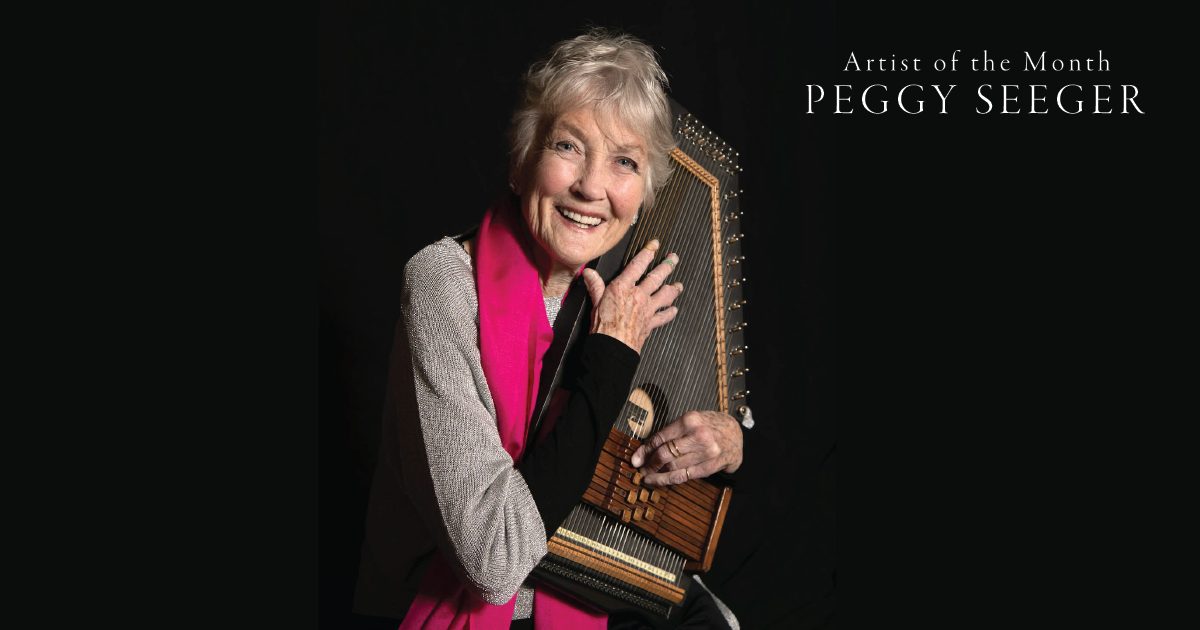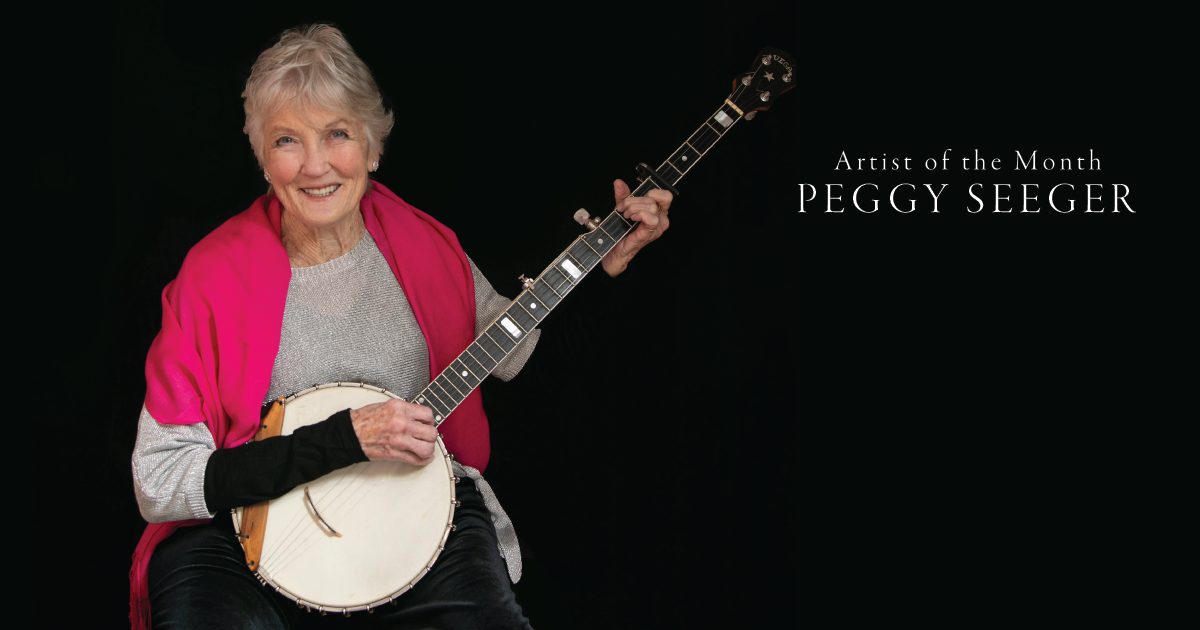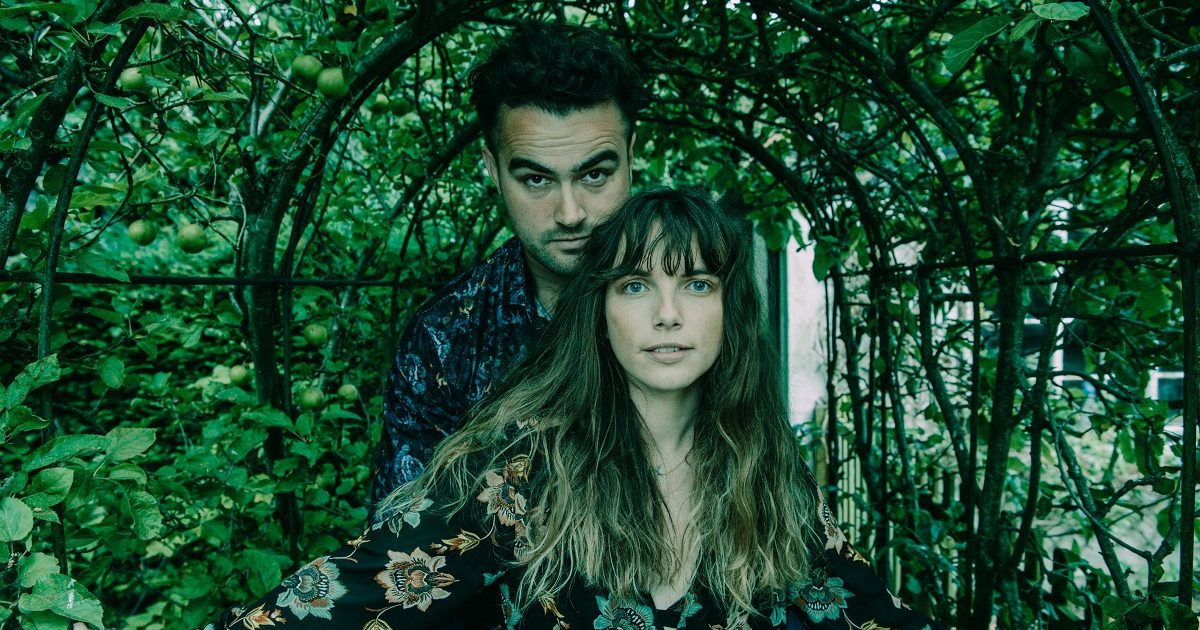I left home (a sleepy market town in middle England) the day after high school finished and traveled around the world with just a guitar and a backpack. I paid my way by teaching English and singing songs in cafes. Five years, 36 countries, and two unfinished degrees later, I moved to Canada to marry a girl I’d once met at a party in Beijing and started my new career as a street performer.
Since then, I’ve played about 3000 gigs, from street corners to stadiums, successfully avoided getting a real job, and raised three amazing ginger kids. I love meeting and singing with people of all walks of life, especially the ordinary, humble folks who are often overlooked. I’m not really interested in finding a niche or a scene – I’m much more keen on finding ways to bridge the gaps between them.
One thing we all have in common is hard times and a need to hold on to hope through our grief and disappointment. Songs have always helped me, and do that, and I feel that I’m not alone. These tunes have inspired and comforted me over the years, and a couple of my own can do the same for you. – Martin Kerr
“Love More, Care Less” – Martin Kerr
I recorded this live in one take, because it’s a song about honesty and acceptance, and because there’s already enough airbrushing and auto-tuning in the world. ‘Love more, care less’ is how I’m trying to live my life now.
“Better, Still” – 100 mile house
This gem of a song beautifully encapsulates the feeling of being a young couple trying to find your place in a senseless world. 100 mile house have disbanded now, and they never got the recognition they deserved, but to me this song is timeless.
“Sometimes” – James
I still remember the first time I heard this song, wedged into the middle seat of an old car with new friends on a dark country road in northern England as the rain poured down. It’s an ecstatic, defiant celebration of song, storms, death, and the meaning of life.
“Big Bird In A Small Cage” – Patrick Watson
The softness of this song’s beginning is so inviting. It grows, line by line, with new instruments and harmonies, the song spreading its wings like the bird in the title. I love a song that grows and lifts and takes you on an unexpected journey. Plus, it’s my wife’s favorite, so I always get extra points for playing it.
“Re: Stacks” – Bon Iver
Usually I favor narrative songwriting with a clear story. But this abstract work of genius somehow immerses me in a world, a heart, and a feeling without making any outward sense. It’s the perfect end to a mind-blowing album, carrying the listener from anguish through acceptance to a new day.
“Feather On The Clyde” – Passenger
Passenger was a street performer when he made this record, busking on the streets of Sydney to pay for the recording and sleeping on the studio couch at night. I love the vulnerability and honesty in this simple song with its intricate fingerpicking that ebbs and flows like the titular river. I remember listening to this 20 times in a row on a long flight home and resolving to allow myself to be carried by the flow of life like the feather he sings about.
“A Case of You” – Joni Mitchell
Possibly the greatest vocal performance on any record ever. I’ve always wanted to cover this song, but never felt I could do it justice. Joni paints vivid pictures of heartbreak with her words and illuminates them with the glow of her perfect voice over a lonely dulcimer. The peak of confessional singer-songwriting. I listened to it endlessly in my first apartment in Beijing when I owned nothing but a sofa, a Discman, and a handful of pirated CDs bought from the street market.
“Fast Car” – Tracy Chapman
I love that this song was rediscovered by a new generation recently, but the original version can never be beaten. As a 5-year-old hearing this for the first time, I’m not sure I understood the whole story at first, but I pored over the lyrics on the back of the vinyl dust-cover in my sister’s room until I knew every word and every note of this young woman’s story from half the world away. The lift into the chorus captures the bittersweet exhilaration of escaping something that was once beautiful, but now has turned dark and needs to be left behind.
“Can’t Unsee It” – Martin Kerr
Unspeakable things are happening in the world at the moment and we’re told to look the other way, to pretend it’s not happening. I made this song to try and express the grief in my heart at witnessing the genocide in Gaza, while being powerless to stop it. The melody is inspired by “Here Comes The Sun,” in the hope that there could yet be some light at the end of this long darkness for the children of war.
“Guiding Light” – Foy Vance
My parents used to sing me to sleep with old Scots lullabies that I only half understood. Foy Vance manages to bridge the gap between Gaelic traditions and the modern world in his music and this song gives me a timeless feeling of home and belonging.
“Innocence and Sadness” – Dermot Kennedy
Hearing Dermot sing this solo for a whole stadium every night was magical. I got to open for him on his cross-Canada tour last year and it was unforgettable. His songs are so nostalgic and so fresh at the same time, ancient and modern, so personal yet universal. I try to reach for that in my own songwriting and performing.
“Farewell And Goodnight” – Smashing Pumpkins
I used to fall asleep to this song every night when I was 16 and 17, when I was trying to figure out who I was, where I belonged, and why the girls I fell for never fell for me. Listening now I can hear it starts with a brush on a snare drum, but I always thought it was the waves lapping on the shore. The song is a calm and wistful end to a chaotic album full of angst and confusion (Mellon Collie And The Infinite Sadness). I think it taught me the value of simplicity and comfort, of contrast and context. I can still hear the click of the stop mechanism that would almost wake me up as the tape ended on my cheap plastic boombox.
Photo Credit: Shaun Scade

